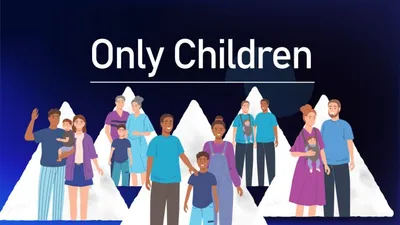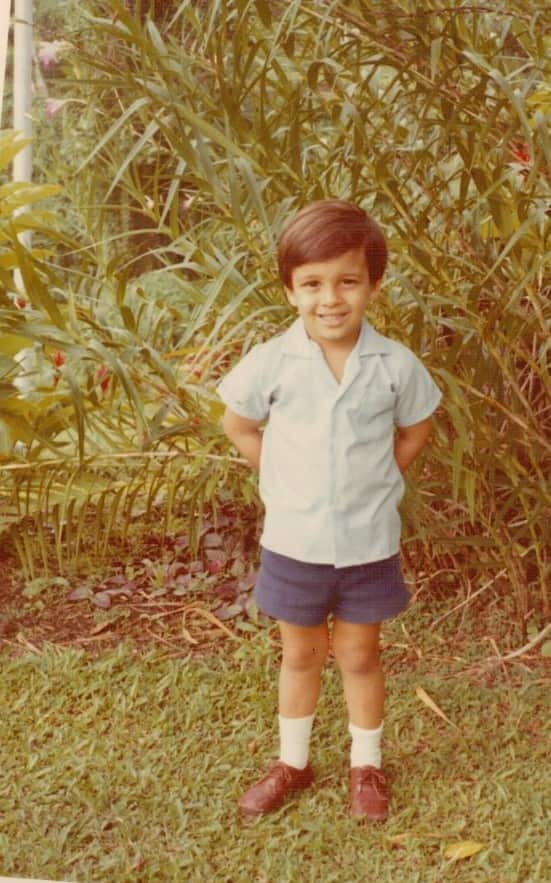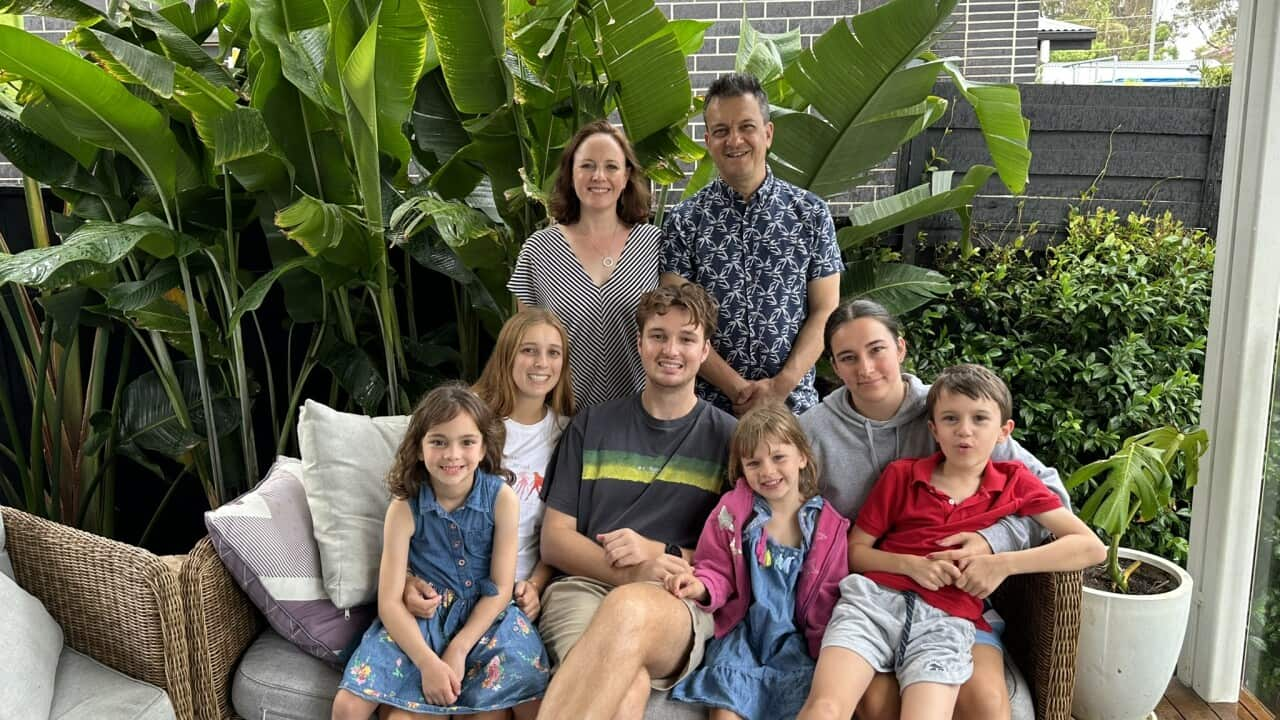Watch Insight’s episode Only Children, exploring why ‘one and done’ parenting is on the rise and if the pros outweigh the cons, on
When I was growing up, the overwhelming feeling I remember was that I was special.
So special in fact, that I believed the universe must have revolved around me.
Maybe it was due to my unusual childhood.
I was born in Bangkok in 1967, the only child of expatriate Indian and Australian parents.
My father worked for an airline, so frequent holidays flying first class to Australia, America, Africa, India and the Pacific Islands seemed a normal part of life.
My mother was brought up in the Great Depression and World War Two in Australia.
She did her utmost to make sure I wasn’t spoiled and stayed grounded, but uncles, aunts, older cousins and family friends had other ideas.
Quite early on, I felt I was the intellectual equivalent of most adults I came across, and I remember being deeply wounded when some were prepared to dismiss my opinions because I was ‘just a kid’.
Mark’s father worked for an airline, which meant that he got to travel the world from a young age.
I wanted to be an only child
At the time the thought of having siblings was something that filled me with dread — with the exception of my imaginary twin brother, Mike, who was my silent companion when I was seven years old.
I had plenty of books, records, a huge Lego set, and most important of all, my own exquisite company and internal dialogue to amuse myself.
Fifty years on, and six children later, I cringe when I reflect on how I must have seemed; a self-centred, opinionated and precocious brat.
A period of time that I call ‘The Great Levelling’ started when I moved to Australia at the age of eight.
‘The Great Levelling’
The local school kids weren’t impressed by my epic travel tales.
They wanted to know which footy team I barracked for and whether I liked Kiss or the Bay City Rollers.
I also finally met someone my own age who was clearly way smarter than me.
The good news is we’re still great friends.
Fast forward to the age of 30, and when my eldest son was born, I was shocked to find I was no longer the most important person in the room.
Luckily, Jamie quickly turned from a demanding baby who didn’t want to sleep or eat into a curious little boy with a deep fascination about how the world around him worked.
We spent many happy hours together wandering through museums, trainspotting and going on bush walks.
It’s no surprise he’s now a climate scientist.
My second and third born, both girls, are also impressive in their own right.
Juliette, 23, a nursing student and accomplished athlete, is the glue that keeps our family together, while Mia, 20, is a globe-trotting adventurer who has a laser-like focus when it comes to study and work.
Then there’s an 11-year gap to Jack, the eldest child from my second marriage.
He’s a real all-rounder — a much-loved baby brother who loves school, music and AFL.
His younger sisters are Charlie, a feisty and ridiculously flexible gymnast who would have been sent off to the circus in Victorian times, and Grace, a big-hearted six-year-old whose stated ambition is to grow up ‘to be a soccer player and a mum’.
I can only look on in wonder, and with a tinge of envy.
My children are all wildly different individuals, but to me, they all seem to radiate something I never felt I had as an only child.
My children all seem to have a calm inner knowledge that they are an integral and much-loved part of bigger things — a large multicultural family and a highly valued member of their immediate community.
They also all appear to have an old-fashioned Australian egalitarian sensibility that must have passed me by.
I can only look on in wonder, and with a tinge of envy.
The ‘sandwich’ generation
These days I am also part of the so-called ‘sandwich generation’, those who are raising children while simultaneously looking after elderly parents.
My parents, aged 92 and 88, often joke they are my seventh and eighth children.
My wife Emily and I constantly feel that we are always teetering on the edge — that all the balls we are juggling in the air — family, work, meals, lunch box crises, extra-curricular activities, housework — will come crashing down at any minute.
There are hospital emergencies, family traumas but also moments of pure joy; the curveballs and surprises are deeply grounding.
You can never get too full of yourself.
There’s plenty of shouting — and those are the moments when I inwardly long for the serenity of my single childhood.
But there are also the moments that I know I missed out on as an only child.
Like when my son Jack gets out of the car at his school, after arguing with his sisters all the way, and sticks his head back in the door to deliver a heartfelt ‘love you, girls!’ with a clumsy kiss blow before we drive off.
These days, my large, messy, glorious family is very much at the centre of things, and it’s me who revolves around them — albeit in a very wobbly orbit.
And for me, at least, that’s a much better place to be.
And for more stories head to , hosted by Kumi Taguchi. From sex and relationships to health, wealth, and grief Insightful offers deeper dives into the lives and first-person stories of former guests from the acclaimed TV show, Insight.
Follow Insightful on the , , , or wherever you get your podcasts.


